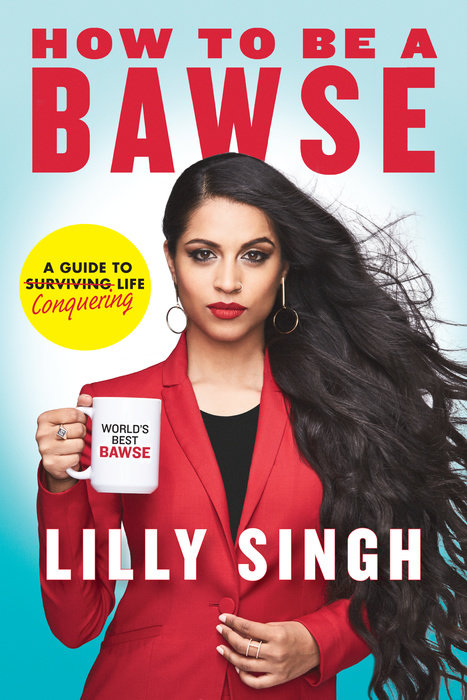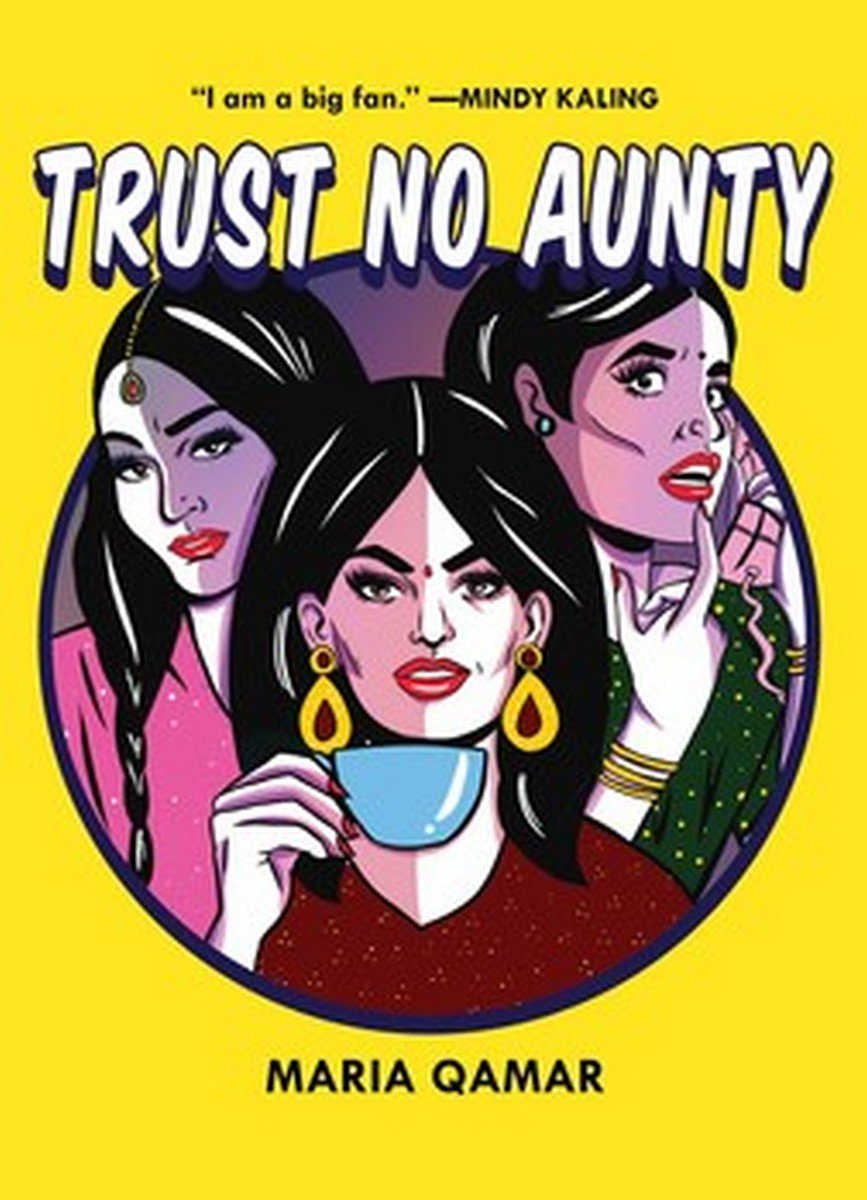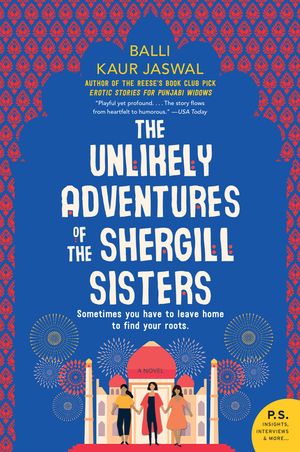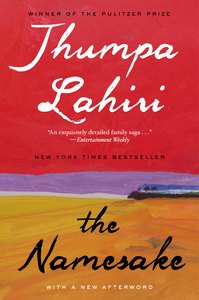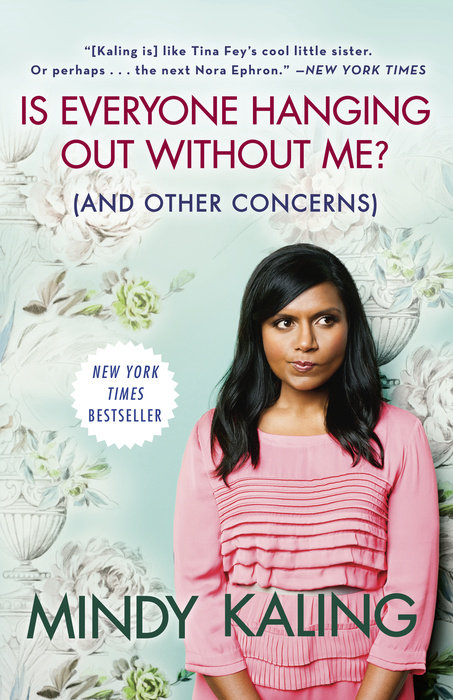When we first heard about Mindy Kaling’s newest project, Never Have I Ever, we immediately called each other to gush about it. We were excited to see a show that features a South Asian family and their life in America. Plus, this show was the perfect way to kick off Asian American and Pacific Islander Heritage Month!
Never Have I Ever is part of a growing number of shows—such as The Mindy Project, I Feel Bad, and Master of None—that depict South Asian experiences. But unlike the wonderful aforementioned shows that focus on adulthood, Never Have I Ever is a coming-of-age story from Hollywood with a South Asian twist. Growing up South Asian in the West has its own set of challenges, and we were happy to see Devi confront her complicated cultural identity alongside the other tribulations of young adulthood. For us, this show lived up to the hype, and while we didn’t relate to everything (because it’s ONE person’s story), there were a lot of situations that we recognized from our own experiences.
If you haven’t had a chance to watch this dramedy yet, there are some SPOILERS ahead, so proceed with caution.
Never Have I Ever features teen Devi Vishwakumar struggling to find herself and her place in high school after the unexpected death of her father, Mohan. Throughout the season, she tries to strike a balance between her friendships with best friends Fabiola and Eleanor, her budding love life with Paxton, and her battle with Ben academically to be at the top of their class. At home, she clashes with her mother, Nalini, and her cousin, Kamala, who recently moved to America from India and lives with Devi’s family while attending graduate school at Caltech. Check out the trailer below!
We both grew up with strong ties to South Asian communities—Archana found connection through her local Indian Association and Hindu religion classes, and Saimah found connection through her local mosque and Muslim community. We became friends in college, and our bond has strengthened over the years. One of the things that made us so close was our ability to understand how the traditions and cultures that we grew up with informed our decisions. We love Devi’s best friends Fabiola and Eleanor, who are always there for her and provide her with new perspectives, but Devi may also benefit from commiserating with someone with similar experiences to hers, who understands what she is going through. We can’t wait to see what Devi and her family and friends are up to next season. We hope Devi is able to find a close South Asian friend, perhaps someone from a different cultural or religious background, as with our friendship.
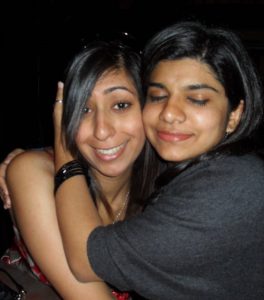
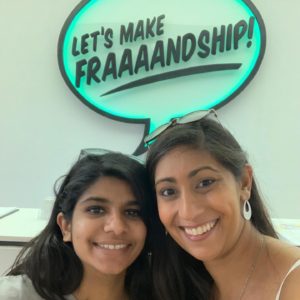
Here are some books that share first-generation and immigrant experiences that we think the Vishwakumar ladies would enjoy.
This post was originally published on GetLiterary.com.


